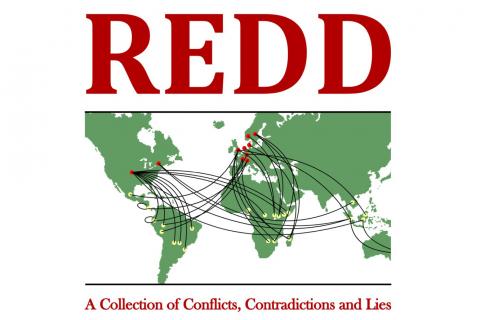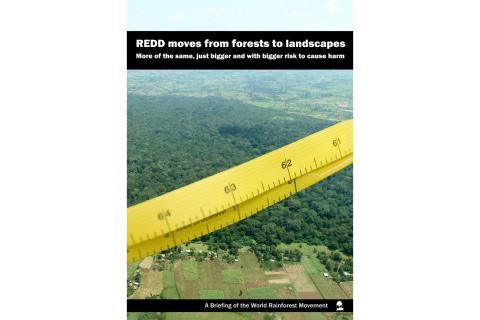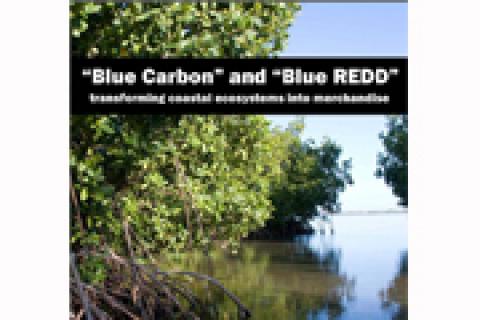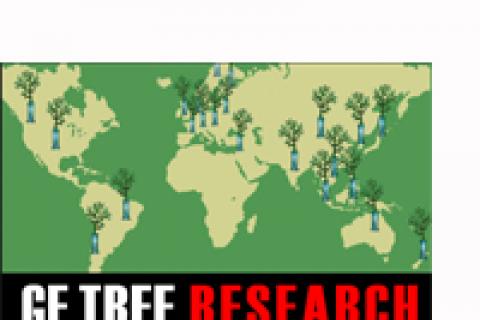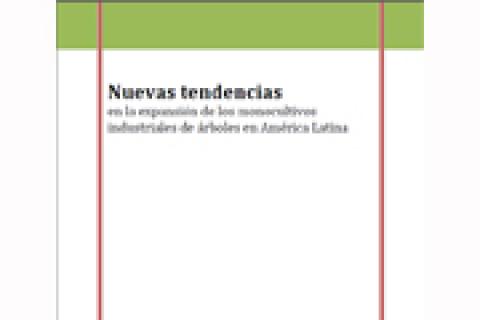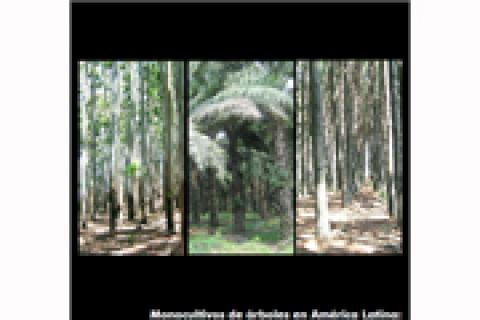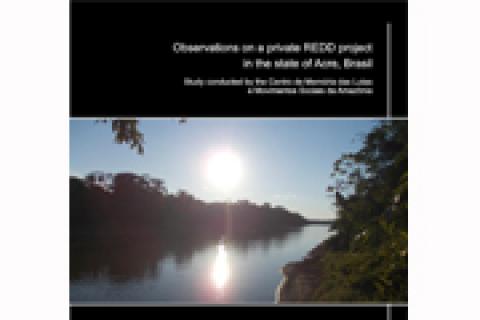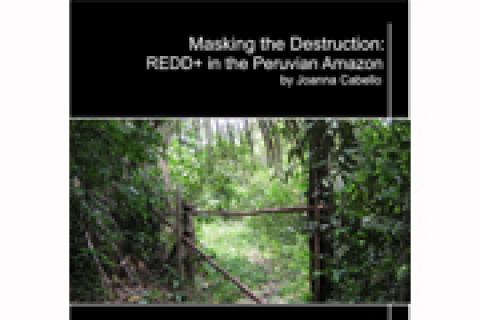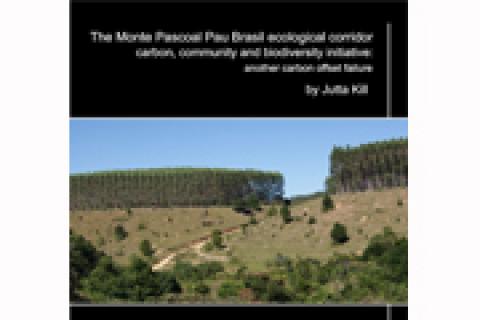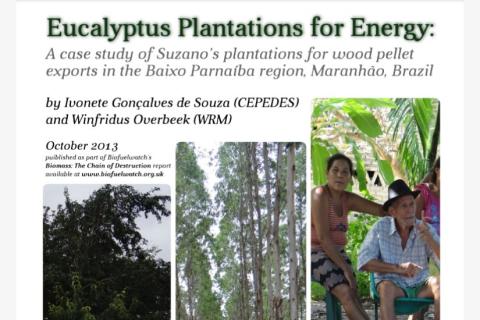REDD: A Collection of Conflicts, Contradictions and Lies presents summaries of reports from 24 REDD projects or programmes with a common characteristic: they all show a number of structural characteristics that undermine forest peoples' rights, or fail to address deforestation. As offset projects, they all fail to address the climate crisis because by definition, offset projects do not reduce overall emissions: emission reductions claimed in one place justify extra emissions elsewhere.
Publications
Text: Jutta Kill
Published in September 2014 (previously as an article of the monthly electronic bulletin of WRM of July 2014)
Also available in Indonesian
Also available in Bahasa - Translated by KIARA
Text: Winfridus Overbeek
Photos: Redmanglar Internacional, Kiara, CPP, Canco
Published in September 2014 (previously as an article of the monthly electronic bulletin of WRM of July 2014)
Research on genetically engineered trees is being –or has beencarried out in a number of countries, but the public is either unaware about this or has been led to believe that this is a positive scientific development for the “improvement” of trees.
Only available in Spanish and Portuguese.
Download here the full document in pdf format in Spanish or in Portuguese
Documento informativo del Movimiento Mundial por los Bosques Tropicales (WRM)
Only available in Spanish
By the WRM and RECOMA
Download as pdf here
This new publication looks at the concept of ‘Payment for Environmental Services’ in its current cloths; examines some of the claims made by those who argue that putting a price on Nature is the only way to save Nature.
Study conducted by the Centro de Memória das Lutas e Movimentos Sociais da Amazônia.
by Jutta Kill, World Rainforest Movement.
Document published in "Leyes, políticas y economía verde al servicio del despojo de los pueblos" (Laws, policies and green economy at the expense of communities dispossession) special compendium of the "Biodiversidad sustento y culturas" (Biodiversity livelihoods and cultures) magazine carried out jointly by Alianza Biodiversidad, World Rainforest Movement (WRM) and Friends of the Earth Latin America and the Caribbean (ATALC) in December 2013.
Also available in Portuguese.
This is the first documented case of a land-grab in Brazil for biomass destined for power stations in the UK. The authors of the Brazilian case study are Ivonete Gonçalves de Souza (CEPEDES) and Winfridus Overbeek (World Rainforest Movement).
This is the first documented case of a land-grab in Brazil for biomass destined for power stations in the UK. The authors of the Brazilian case study are Ivonete Gonçalves de Souza (CEPEDES) and Winfridus Overbeek (World Rainforest Movement).
